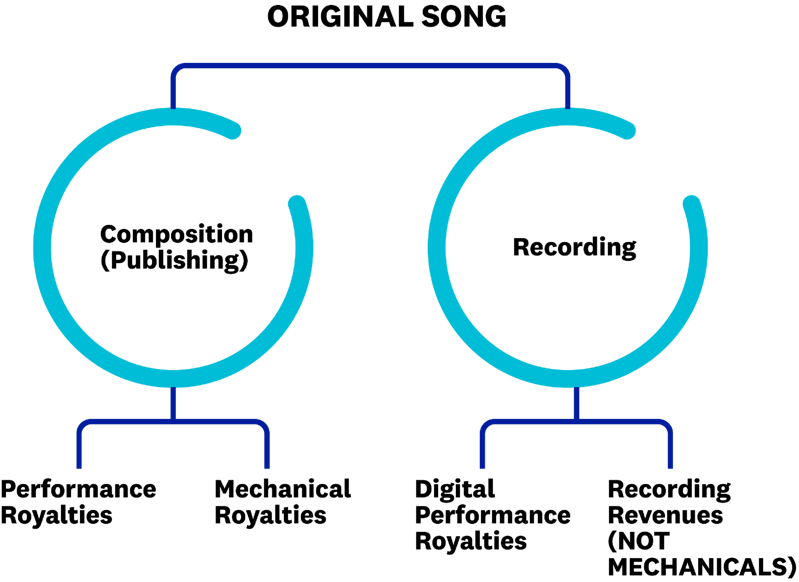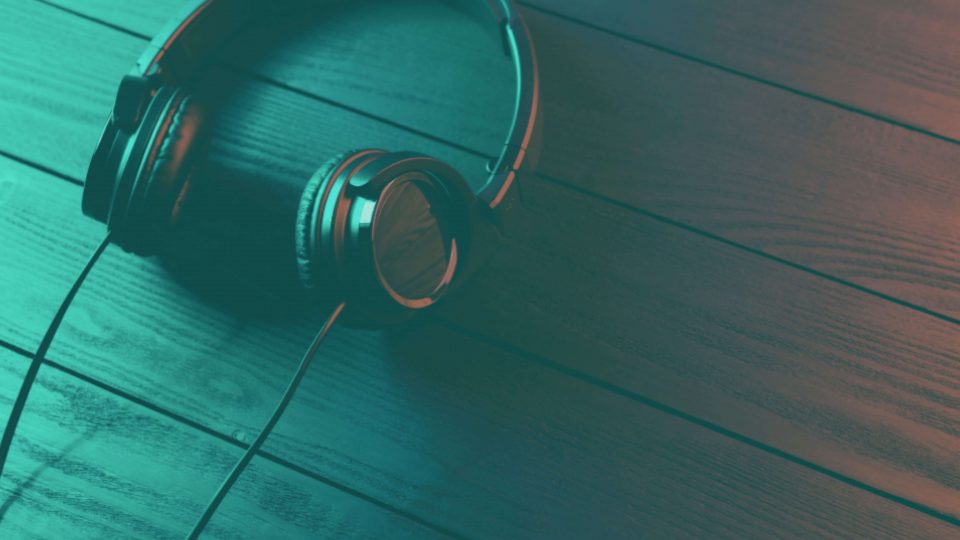How to License Any Cover Song
You’re so fanatic about your favorite artists’ new release that you just have to cover it. We get it. But do you know anything about the legalities behind cover songs?
Knowing how to distribute a cover song is crucial if you’re more interested in peace of mind than paying a huge fine. If you’re a sensible person, you are more interested in the former. Illegally selling or streaming a cover song will get you in trouble, whether intentional or not, so we’re here to help you understand what the different licenses are around covers and the steps you can take to legally distribute any cover song.
It’s not true that you need to get a license from a copyright owner to cover a song. The truth is, you can get a mechanical license (which is some countries require by law) which compensates the rights holder for their work.
But let’s take two steps back here and talk about why a mechanical license is needed and what the other licenses are useful to know…
What Are Composition and Sound Recording Royalties?
When we buy music or stream it, the purchase/stream generates composition royalties. This royalty is specifically made to compensate the composer of the song. It doesn’t compensate whoever is performing the recording of the song. Composition royalties compensate for whoever wrote the lyrics, melodies, chords, and any other characteristics that make up the song.
The streaming or purchase of a song also generates sound recording royalties. These specifically compensate whoever featured on the recording. Sound recording royalties also compensate people such as the producer of the song as they had a hand in recording the song.
To explain this clearly, let’s use ourselves as an example.
When I write, record produce my own song, and it gets streamed on Spotify or played on the radio, I get both the composition royalties and sound recording royalties. That’s because I composed, featured on, and recorded the version that has been steamed.
If you were a featuring artist on my song but didn’t actually compose any of it then you would also receive sound recording royalties because you’re on the recording.
Should you cover my song, every time your cover is played on the radio, bought by a fan, or streamed then I will only receive the composition royalties. You will receive all of the sound recording royalties, but only for your cover version.
Because I wrote the original track, I own the composition rights of the song forever. Because you didn’t contribute to the writing of my original song then you don’t get any composition royalties. You only own the sound recording rights of your cover version. But, again, if you were a featuring artist on my recorded version then you would receive sound recording rights for my version also.
PRS (Performing Rights Society) is a UK brand that collects and distributes composition and sound recording royalties.
What Are Mechanical Royalties?
When you re-produced my composition, as is the entire point of this article, I certainly hope you had a mechanical license for it? If you only streamed it to Spotify, you’re covered!
Every time a composition is re-produced, like when you did your cover, then I receive mechanical royalties as the original composer. As you covered my song, and therefore reproduced my composition, I will receive both composition and mechanical royalties. But you still receive the sound recording rights of your cover.
When a song is covered, the composer of the original song receives both composition and mechanical royalties.

If you distributed your cover to Canada, Pakistan, Mexico, India, and the US… you would need a mechanical license due to their copyright laws.
However, if you only distributed your cover onto streaming sites/stores such as Spotify, Deezer, Anghami, iHeartRadio, and Pandora… they’ll take care of the mechanical licenses for you. No need to stress!
PRS’s sister company, Mechanical Copyright Protection Society (MCPS), collects and distributes mechanical royalties!
PRS and MCPS both teamed up to create a joint-venture company that streamlines composition and mechanical royalties into one place!
Releasing a Cover on Streaming Services
You don’t need a mechanical license if you are releasing a cover on Spotify, Deezer, Pandora, iHeartRadio, Saavn, Nuuday, Tidal, & Anghami. These stores organize a mechanical license for you, so that relieves you of all the stress.
You don’t need a mechanical license if you are releasing a cover on Spotify, Deezer, Pandora, iHeartRadio, Saavn, Nuuday, Tidal, & Anghami
RouteNote
Services like these license the songs you’re covering and pay royalties to publishers, who then distribute the royalties to all concerned parties. This means that you aren’t responsible for any royalty payments when you distribute to these stores.
But the tables are flipped if you’re releasing your cover anywhere that isn’t these stores. If you plan on releasing a cover song as a physical and/or downloadable record that you’re asking people to buy, only then will you need a mechanical license?
In the US, the current rate for mechanical licenses is 9.1 cents per download, or per song on a physical album purchase. You can get a mechanical license through Affordable Song Licensing (https://affordablesonglicensing.com/), Harry Fox Agency’s Songfile, Easy Song Licensing, or even the copyright owners themselves.
If you were to release multiple versions of a cover song, live and studio recordings, for example, you will then need to get two separate mechanical licenses for each version.
Releasing A Cover On Youtube
When it comes to YouTube, a video platform, a synchronization license is needed to share a cover on the site.
This may be unrealistic for you, an independent musician, so YouTube has you covered. YouTuber often plays ads on cover videos and pay royalties to the publisher that way. That is, through revenue generated by the advertisement. This makes it possible to release a cover song on YouTube without a sync license. However, by doing this you are actually breaching the rights of the copyright holders. This allows them to file a takedown request at any time with YouTube.
Is your cover song lacking any sound effects or instruments that make your version truly unique?
The sampling revolution has risen in popularity and shaped music since the early 1970s. Sample culture continues to transform how millions of artists and producers do their thing in DAWs.
You too can break conventional norms, challenge the status quo, and open Pandora’s box of sound design.
Mixxed works with a growing number of sample labels and contributors to provide you with an affordable sample subscription service that’s more accessible than any before.
You’ll have access to our growing catalogue of loops, one-shots and sound effects that you can browse, download and keep forever for less than $3 a month.
Sign up today to find your sound!
